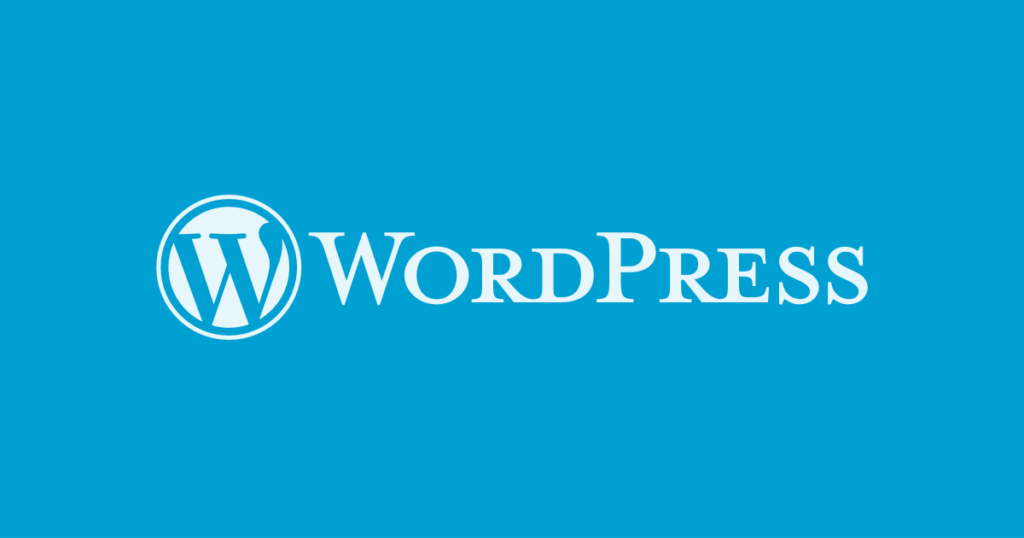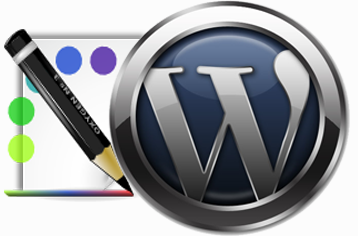I enjoy reading our contact inquiries as a result of I get to read what everyday boast painful regarding their websites. A number of these comments are available while not solicitation whereas others are a given after I specifically raise what they don’t like regarding their current scenario.
When the subject of poor website performance comes up, folks already grasp their website is slow. Some persons suspect the problem is theme connected, some suspect their existing host may be an out-of-date, some of knowing their website was created by their cousin 10 years gone and also the code is possibly a small amount out of date.
Others aren’t quite certain wherever the problems lie. They just aware they have problems and also the sick performing website is growing worse by the day.
For smaller WordPress users, performance problems will persistently be attributed to many common issues. Those area ones I’d prefer to discuss these days.
While there are lots of alternative ways that to produce performance enhancements, today’s list of WordPress performance tips is targeted on fixing common issues knowledgeable by the typical user. Persons like me.
My WordPress Performance Tips
- choose a Solid Hosting supplier
Low finish shared hosting may be an appropriate choice once you initial begin out, however as before long as you begin obtaining an honest quantity of website traffic, you would like to a higher end host. You’ll be able to have the simplest of everything, however, if your host is terrible nothing else can matter.
A solid hosting company with the correct set up is that the initiative to sensible website performance.
We suggest the subsequent WordPress hosting companies:
WP Engine
Liquid Web
Page.ly
Siteground
We originally started with low finish shared hosting then moved to a virtual non-public server and eventually we have a tendency to created the leap to a dedicated server. I couldn’t be happier with my dedicated server and that I believe it’s value each penny we have a tendency to pay on the service.
- Install a Solid WordPress Theme
We receive inquiries from lots of persons who are using Themeforest themes and need to migrate to an additional sturdy theme – particularly a Genesis kid theme. They’ve accomplished they fell in passion with a given Themeforest theme for the lots and lots of configuration choices, however, that that flexibility came with a value. The price is performance.
This is the negative facet of WordPress theme developers making an attempt to form one theme that attractiveness to consumers from every type of industries and locations. It’s not possible unless you add in multiple sliders, options, and such. However, all that flexibility makes the theme serious and it makes the website slow.
This is why we have a tendency to attempt to style and build WordPress themes that area of specializes in individual niche markets. By this, I mean themes that area unit designed for Associate in realty agent, doctor or dental practitioner. By that specialize in a given niche I will style a subject matter only for that variety of user and that I don’t ought to fill it full with inessential choices.
Are all Themeforest themes badly? No, however, you are doing got to review the theme’s feedback and confirm there don’t seem to be lots of complaints on performance before you purchase.
- Install the correct Plugin for the work
Over the years I’ve noticed persons tend to require migrating to suitable plugins like WishList once all they have to try and do is secure many pages. They give the impression of being for the most important and best plugin, once all they have are a few things straightforward. This is often a classic example of plugin overkill.
I’m Associate advocate of extremely functional premium plugins; however, I do attempt to confirm I choose the correct plugin for the work. To stay performance optimized, don’t choose an enormous plugin with practicality you “might need” 5 years from currently. Choose the lightest plugin that meets your wants and confirm it’s from an estimable developer.
- Delete Unused Plugins
In the land of WordPress, we’ve got plenty of users that are plugin junkies. My favorite consumer and even my beloved sister represent this cluster. They get the plan (my sister has millions of sensible ideas) and so attempt a plugin (or five) to check if it will meet the wants of their new idea. Once the plugin doesn’t perform like expected, they are going to following one. sadly they forget to delete the primary four they tried and these plugins sit within the WordPress admin panel active, hogging bandwidth, and perhaps even conflicting with the correct plugin.
Carefully select your plugins and delete any plugins that don’t seem to be being used. In defense of my sister and my favorite consumer, I simply found 2 plugins on our website that we were no longer using.
- Keep WordPress Up to Date
Nothing screams return hack me like WordPress software code from 2004. Nothing slows a website down quicker than PHP code that was written 10 years ago.
To protect your website and to stay it buzzing on evenly, keep your WordPress core files up to date.
- Keep Your MySQL Database Optimized
Don’t panic at this suggestion. There are lots of simple to use plugins to help during this task. Yoast even encompasses a tiny, however, functional plugin that’s strictly designed for optimization. Install the plugin, click the button, and you’re sensible to travel.
The plugin can quickly take away overhead, whereas optimizing the database tables and reducing excess and useless area.
- Watch Your Image Sizes
The bigger your content pictures, the slower your website can load. Whether you’re uploading a picture to a slider or adding it to a blog post, transfer the scale you would like and not the biggest size accessible.
Users simply got to use some basic sense once uploading pictures. I say sense as a result of once I justify this to somebody, the user’s continuously specific complete annoyance that they didn’t think about it sooner.
If you would like a picture that’s 300px x 300px in size, don’t transfer one that’s a pair of, 2600px x 2,600px in size. And if unintentionally you probably did transfer a giant image, strive to not use the share-based mostly image reducers in WordPress to shrink it down. This leaves the 2600px image still in use and solely displays it at the smaller size.
If you would like to urge fancy, you’ll be able to additionally use tools like smush.it to stay pictures lightweight.
Easy Peasy Right?
Hopefully, you’re now not frightened at the thought of optimizing your WordPress website. None of the WordPress performance tips I discussed were shivery, needed Associate in an understanding of PHP code, or would take hours to implement.
They’re simply basic tips that the everyday user will pay attention of and do therefore all on their own and while not lots of help.
Now that you’ve read through these things, take a jaunt over to Pingdom to see your website speed. Don’t get trapped with all the high technical school jargon it provides. Simply explore your overall score.
If you’ve scored poorly, scan back through my list on top of and see what number globe things you’ll be able to address on your website or blog. Take it one at a time.





